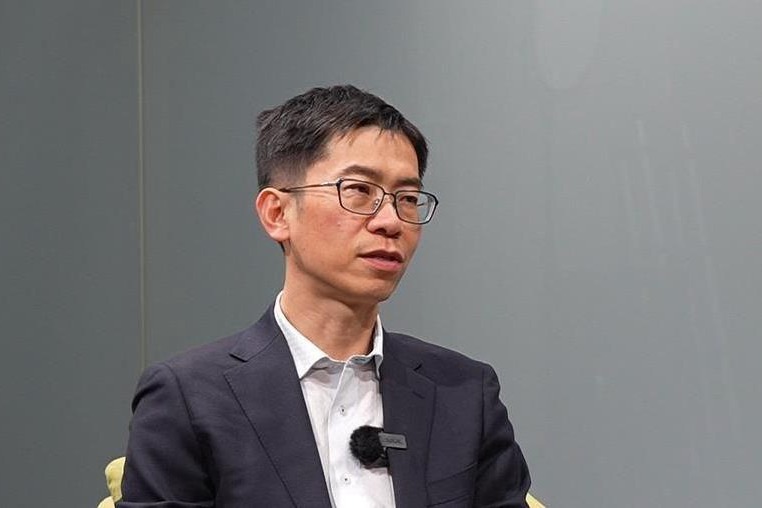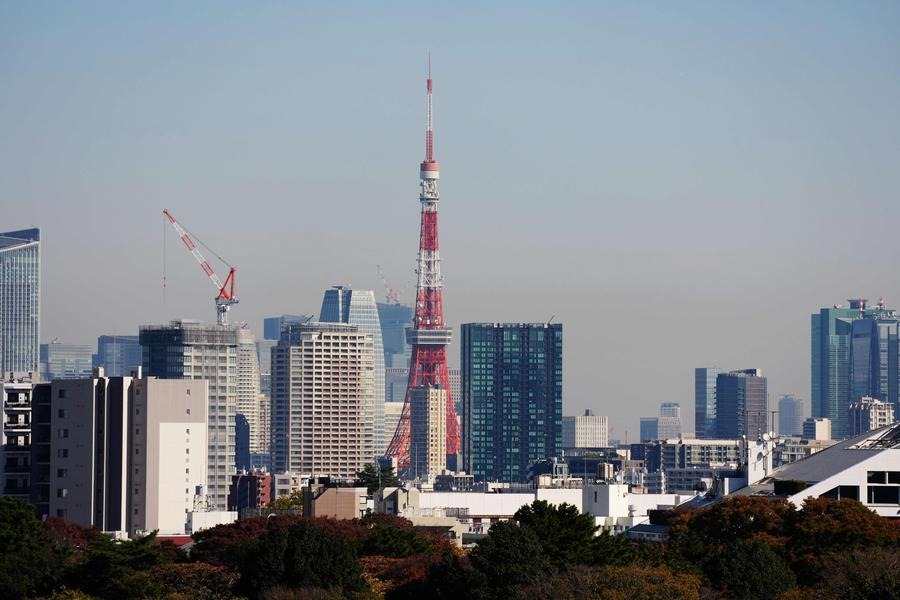US people know well what's going on: China Daily editorial


Demonstrating students and faculty members on college campuses across the United States are calling for a permanent cease-fire in Gaza, an end to US military assistance for Israel, university divestment from arms suppliers and other companies profiting from the war, and an amnesty for students and faculty members who have been disciplined or fired for protesting.
These demands are fully justified given the US' backing of Israel's "self-defense campaign" in Gaza, which was triggered by the Hamas-led attack on Israel on Oct 7, has resulted in the loss of more than 34,000 Palestinian lives, including those of women and children.
Washington has seized on Israel's response to the attack as the opportunity to use Tel Aviv as its enforcer to advance its overall Middle East geopolitical agenda to reduce the influence of Iran and Russia in the region.
That being said, neither the Joe Biden administration nor the Benjamin Netanyahu government of Israel truly cares about the hostages it is believed that Hamas and other groups still hold, not to mention the plight of Palestinian civilians in Gaza.
Washington's veto of the State of Palestine's membership in the United Nations and the US lawmakers' approval of new military aid for Israel last week, which triggered the student protests in the US, have made it crystal clear that it is the real obstacle to peace in Gaza.
US President Joe Biden told reporters on Monday that he condemned both anti-Semitic protests and "those who don't understand what's going on with the Palestinians".
But who is it that doesn't understand that? The protesters have a very clear understanding of what is going on. They are calling for a cease-fire and for the colleges to divest from the US weapons manufacturers that are providing arms for Israel.
As with the Ukraine crisis, the upcoming US presidential election has become a complicating factor making the situation in the Middle East an extension of the US' domestic political games. The US' stance on the two regional crises reflects the latest movings and shakings of interest exchanges at home rather than the real interests of the nation.
The protests have also brought into the spotlight the influence of outside groups, influential alumni and big-money donors on colleges, who, having vested interests in the US' support of Israel, are pressuring the college administrators to silence the protesters.
The disconnect between the US elites and ordinary Americans, and the internal divisions within the two are reinforcing each other in a vicious cycle resulting in a series of contradictory foreign policies of the US. The US' airdrop of aid for Gaza, and the conflict between US law enforcers and the US students and teachers are both ugly shows of that. So are the US' schizoid three-in-one China policy of confrontation, competition and, supposedly, cooperation.
The backlash against the widespread protests against the country's one-sided pro-Israel policy and the Biden administration's nonchalant response to them and to the law enforcement departments' crackdown on the protesters speak volumes about the root cause of not only the Gaza crisis but also the problems in US society.
































